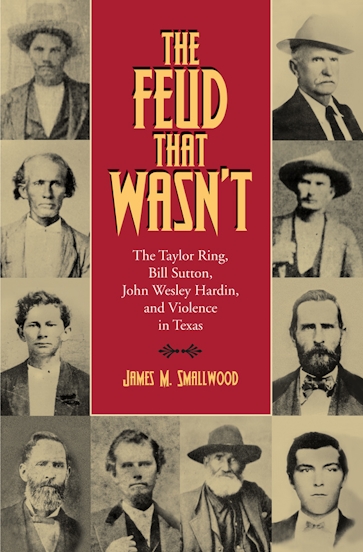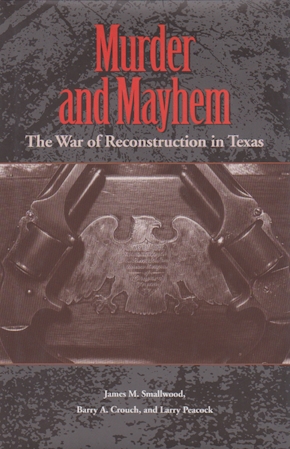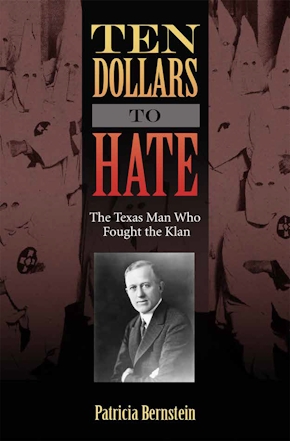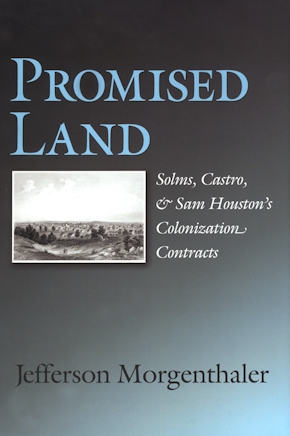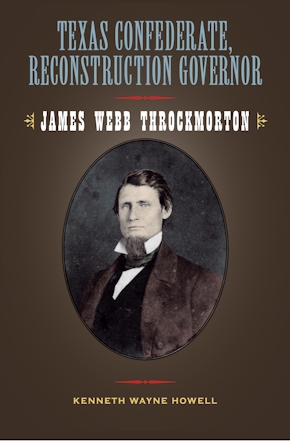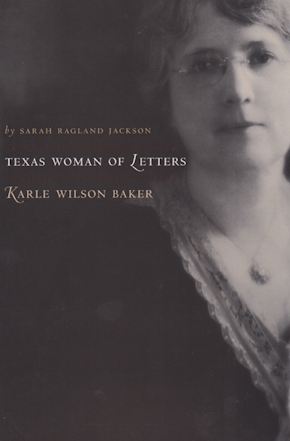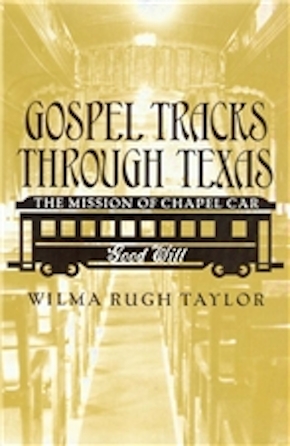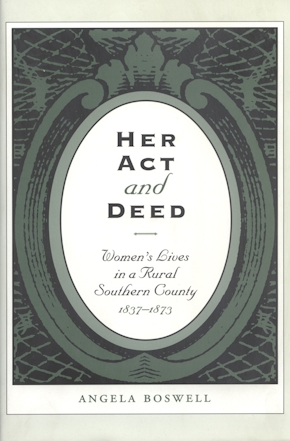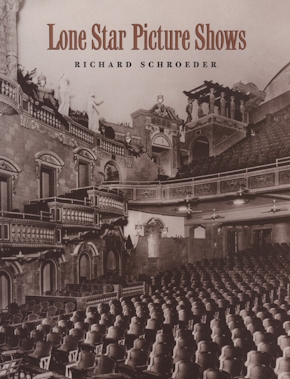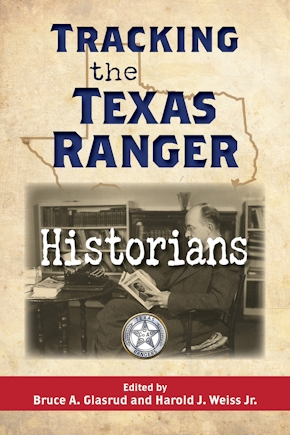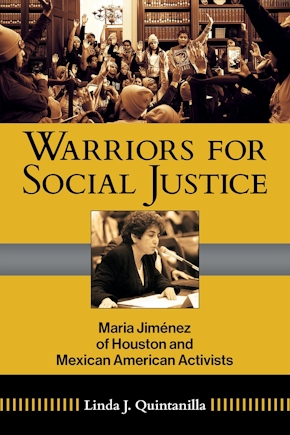The Feud That Wasn’t
The Taylor Ring, Bill Sutton, John Wesley Hardin, and Violence in Texas
978-1-60344-017-2 Cloth
6 x 9 x 0 in
256 pp. 13 b&w photos., 6 maps.
Pub Date: 02/05/2008
Available
Sam Rayburn Series on Rural Life, sponsored by Texas A&M University-Commerce
About the Author
Reviews
Published by Texas A&M University Press
